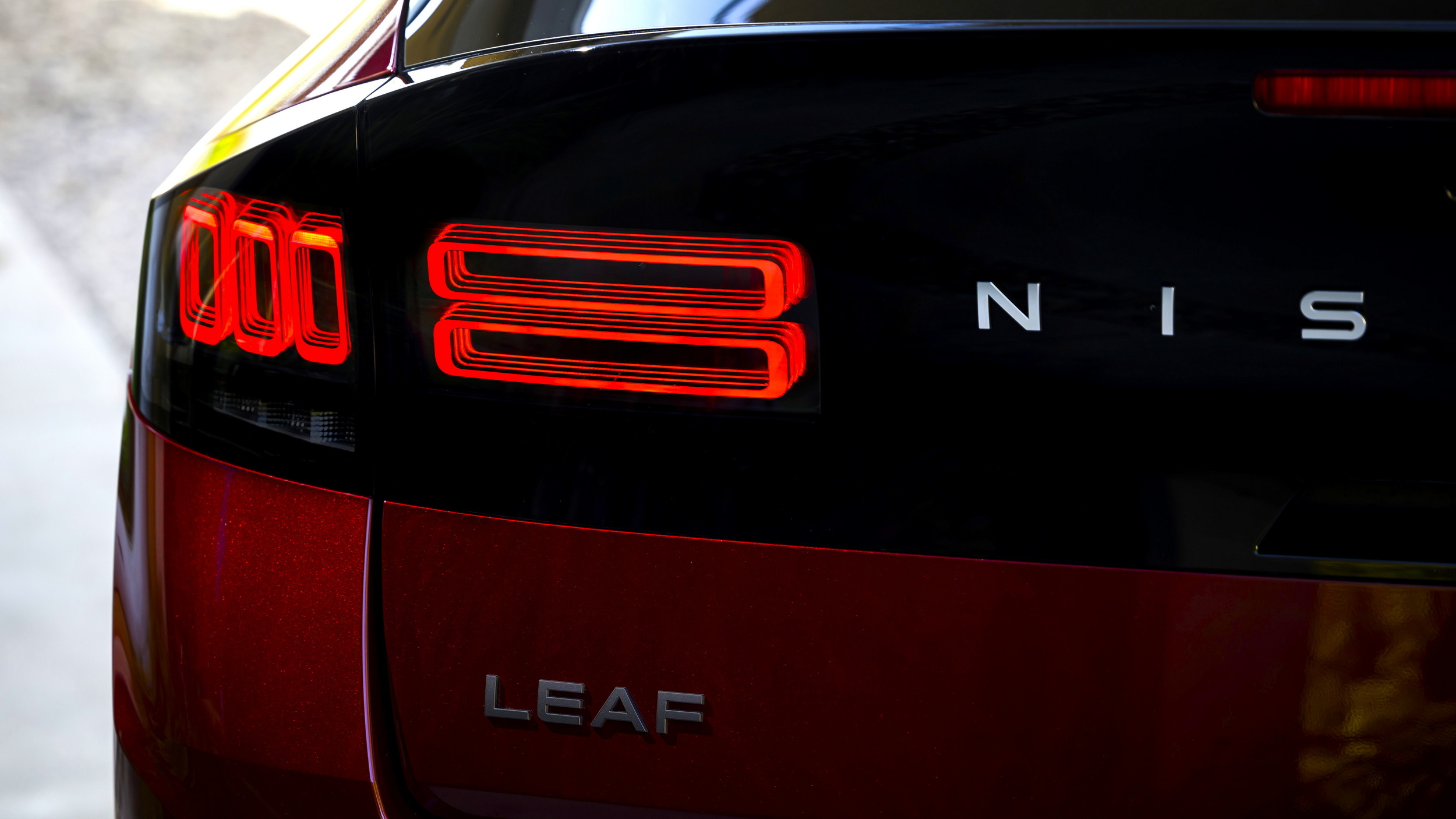Nissan Reduces Production of New Leaf EV Amid Supply Chain Challenges
Nissan has reportedly decided to cut the production of its newly released Leaf electric vehicle (EV). This move comes as the automaker faces a growing challenge related to the availability of critical components, particularly rare earth materials. These materials are essential for various automotive technologies, and their scarcity is impacting the production of EVs globally.
The 2026 model of the Leaf is set to arrive in the United States this fall. It will be available with two different powertrain options, offering consumers a range of choices based on performance and battery capacity. However, despite the excitement surrounding the new design and features, Nissan is reportedly scaling back production due to supply chain disruptions.
One significant factor contributing to this decision is the recent shift in policy regarding clean vehicle credits. The Trump administration announced that the clean vehicle credit, which could save consumers up to $7,500, would expire on September 30. This change has led to an increase in EV prices and a noticeable decline in demand. While this policy shift has had a negative impact on the EV market, it is not the sole reason behind Nissan’s production cuts.
Reports from Japan suggest that the automaker is also dealing with restrictions on the export of rare earth elements imposed by China. These materials are crucial for manufacturing EV components, including batteries and motors. According to Reuters, citing Kyodo News, these restrictions have caused a shortage of parts, though specific details remain unclear.
China’s export controls have affected multiple automakers, including Ford and Suzuki. Suppliers are also struggling to secure the necessary materials, leading to further complications in the automotive industry. The European Association of Automotive Suppliers recently warned that the supply chain is experiencing significant disruptions due to these export restrictions. They highlighted that both combustion engine and electric vehicles are being impacted, which poses a threat to automotive production and thousands of jobs in the European Union.
Despite these challenges, the third-generation Leaf has been fully unveiled and is expected to reach U.S. dealerships this fall. The new model features a crossover-inspired design and a modern, high-tech interior. It offers two distinct powertrain configurations to cater to different consumer preferences.
The entry-level version of the Leaf will come equipped with a 52 kWh battery paired with a 174 hp (130 kW / 177 PS) electric motor. For those seeking more power, there is also an option with a 75 kWh battery that works with a 215 hp (160 kW / 218 PS) motor. This variety ensures that the Leaf can appeal to a broad range of buyers.
As the automotive industry continues to navigate these supply chain issues, it remains to be seen how Nissan and other manufacturers will adapt. The combination of policy changes and global material shortages presents a complex challenge that requires strategic planning and innovation. For now, the Leaf’s production cuts serve as a reminder of the vulnerabilities within the EV market and the importance of securing reliable supply chains.






